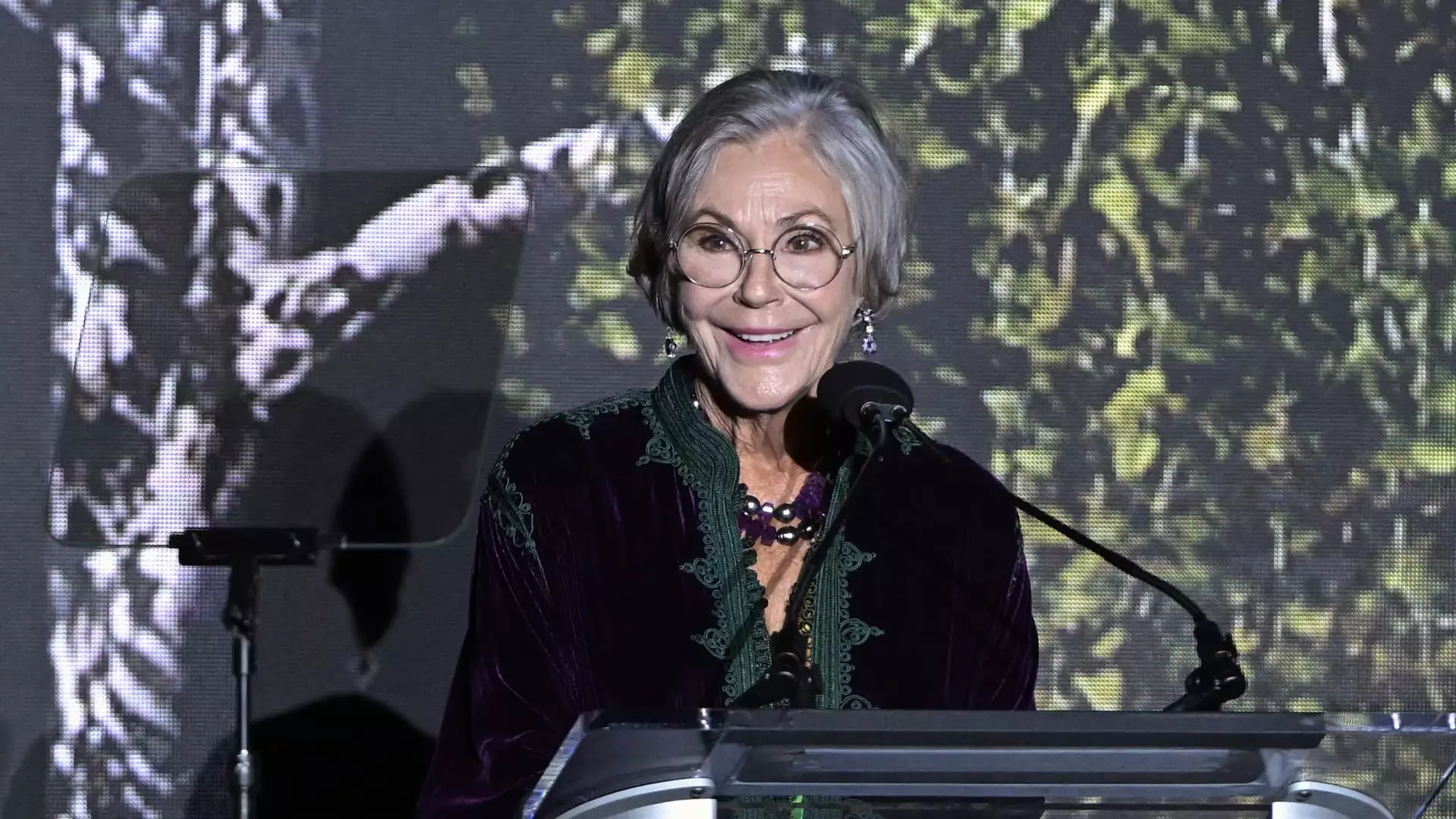In recent years, the landscape of wealth accumulation has been undergoing a significant transformation, particularly with regards to the gender dynamics within the billionaire class. Traditionally dominated by men, the billionaire tier is now increasingly recognized for its female members, who are not only elevating their financial prowess but also redefining the principles of wealth distribution and philanthropy. A significant report sheds light on these trends, revealing that women currently constitute 13% of the world’s billionaires, a number that is on the rise.
As of the latest findings, women account for 431 of the global billionaire total of 3,323, marking a notable increase compared to prior decades. This upward trajectory can be attributed to several factors, including a notable shift in societal attitudes toward female entrepreneurship and greater participation in high-stake financial sectors. Over the last decade, the phenomenon of intergenerational wealth transfers has emerged as a major catalyst, allowing women to inherit substantial fortunes and step into roles they might have traditionally been relegated from.
Interestingly, the majority of female billionaires—three-quarters, to be exact—have inherited their wealth. This contrasts sharply with their male counterparts, where only about 5% can trace their vast fortunes to inheritance. The wealthiest women, such as Alice Walton, Julia Flesher Koch, and Françoise Bettencourt Meyers, serve as prime examples, having received their wealth through family connections rather than entrepreneurial endeavors. The statistics suggest a broader narrative, one where the mechanisms of wealth have favored men for generations, but are now evolving to include women, primarily through inherited wealth.
Looking ahead, projections indicate that women could inherit up to $30 trillion within the next decade as a result of the so-called Great Wealth Transfer. This potential influx of wealth is likely to shift not just the numbers but also the nature of philanthropy and investment in various sectors. The implications are profound: as more women gain access to wealth, it is expected that their philanthropic priorities will also influence social causes across the globe.
Female billionaires seem to have a different approach to philanthropy compared to men. The report indicates that a significant number of women are dedicating a considerable portion of their professional time to nonprofit work. In contrast, their male counterparts are much less inclined to engage deeply with social organizations. This disparity speaks volumes about gendered societal roles and responsibilities that have shaped how wealth is perceived and utilized.
When it comes to investment portfolios and types of assets held, female billionaires show marked differences compared to their male peers. A larger percentage of women’s wealth is tied up in private holdings, bolstered by inheritances from family businesses. The report reveals that 35% of their portfolios consist of private investments, while male billionaires lean more towards stocks, making up around 40% of their wealth. The preference for liquidity among women—39% of their wealth compared to 30% for men—further underlines a trend of cautious and deliberate financial strategy.
Additionally, luxury assets serve as another dividing line between the spending habits of male and female billionaires. Women are 1.5 times more likely to own high-value real estate, while men’s interests veer more towards luxury items like cars and yachts. This divide continues into leisure pursuits, where philanthropy emerges as the primary hobby for female billionaires, contrasting sharply with the male-dominated interests in sports and other recreational activities.
The emergence of women within the billionaire elite is a critical component of broader socio-economic evolution. While they currently represent a minority within this high-net-worth category, their growing influence is already reshaping philanthropic trends and investment strategies. As more female billionaires continue to accumulate wealth, we can expect to see a shift not only in the dynamics of wealth distribution but also in the types of societal contributions made by these affluent women, ultimately leading to a more diversified and socially conscious reality for future generations.


Leave a Reply